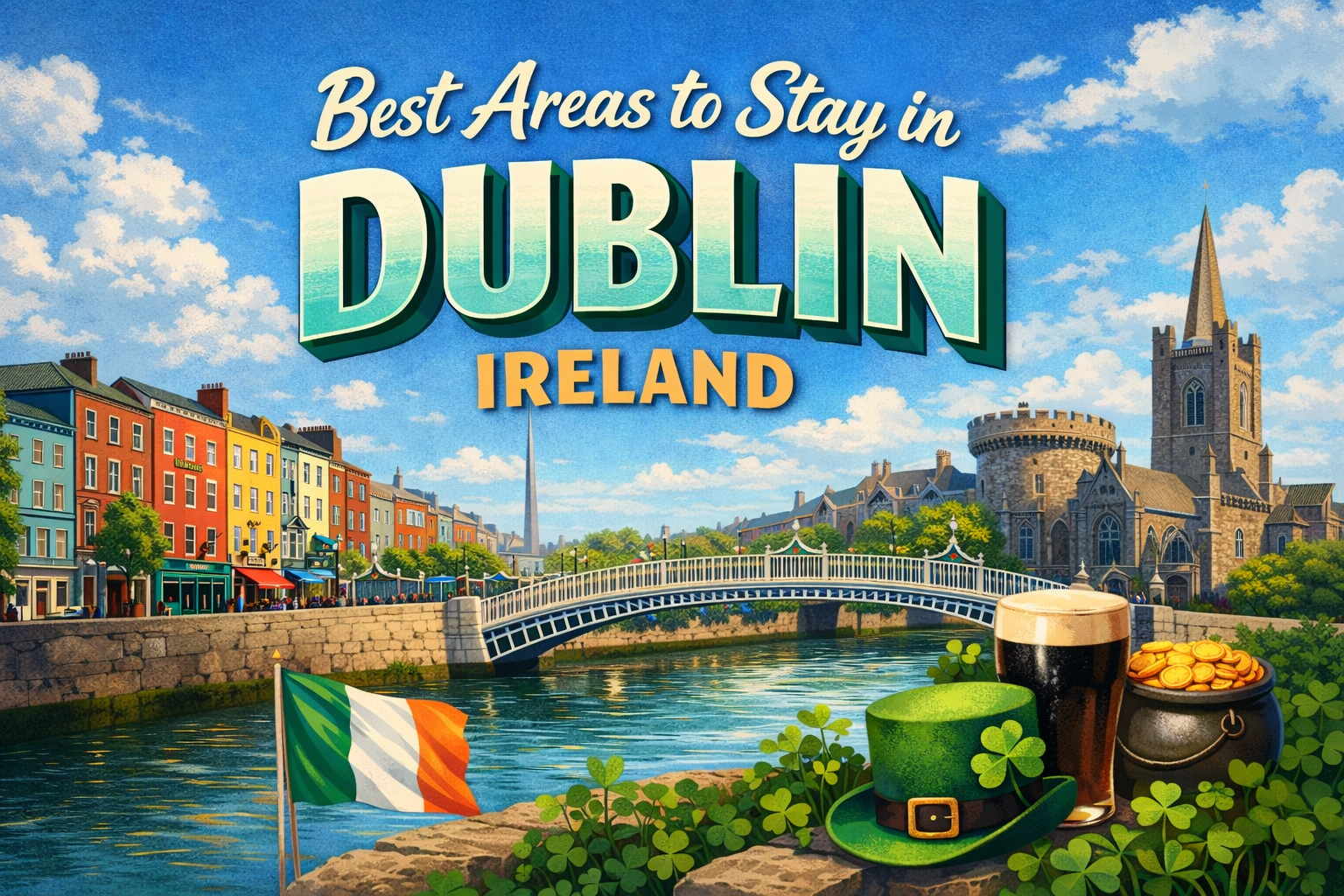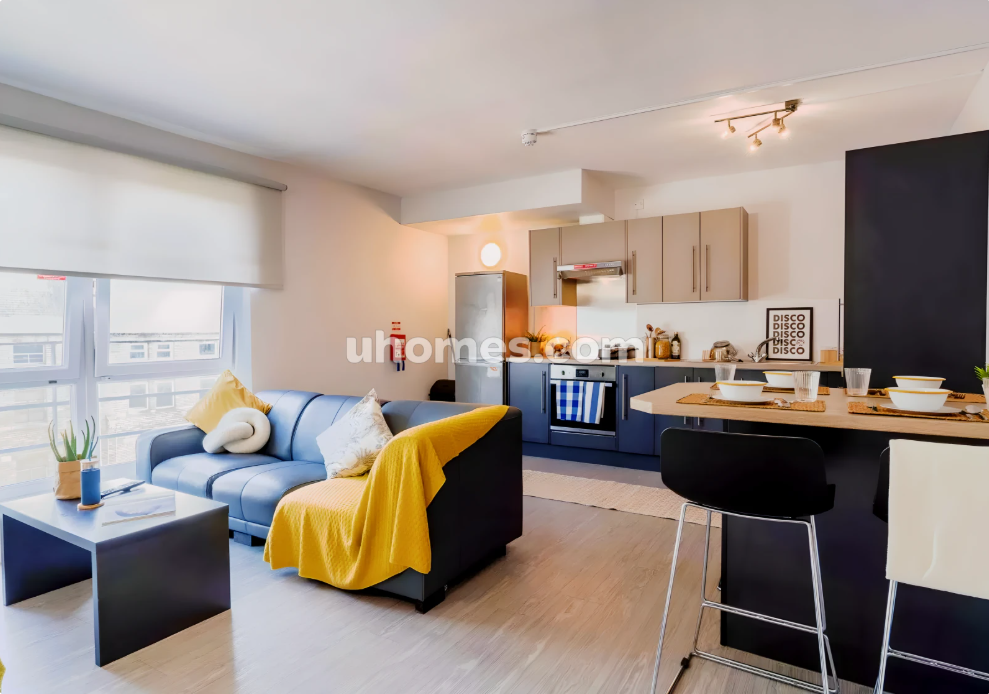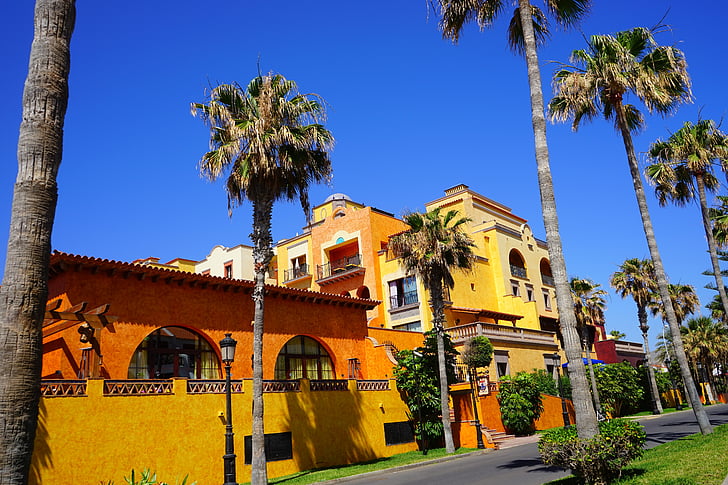It would be wise to learn about UCL acceptance rate before applying to this university. For the 2025—2026 academic year, UCL reported an offer rate of 43.4%, with an acceptance rate of 10.2%, reflecting its competitive nature. UCL, with great fame and academic strength, has attracted thousands of students to study here every year. In this way, it is also one of the hardest universities to get into. Understanding UCL London acceptance rate would help you assess the possibilities of succeeding in applying to your chosen program and getting into UCL. This detailed guide has unveiled everything you need to know, including the overall acceptance rate and divergent figures by different aspects. There are also some small tips for increasing your success rate. Let’s get started!
Overall UCL Acceptance Rate
UCL Acceptance Rate 2025/26
According to official undergraduate data, UCL acceptance rate for 2025—2026 remains highly competitive: out of 89,239 applications, University College London (UCL) issued 38,696 offers (a 43.4% offer rate), with the final acceptance rate settling at approximately 10.24% (9,138 students accepting the offer).
Trends over Recent Years
| Year | Applications | Offers | Acceptances | UCL Offer Rate | UCL Acceptance Rate |
|---|---|---|---|---|---|
| 2020/21 | 61,050 | 31,300 | 5,905 | 51.3% | 9.7% |
| 2021/22 | 68,999 | 23,908 | 6,043 | 34.6% | 8.8% |
| 2022/23 | 73,994 | 21,221 | 6,288 | 28.7% | 8.5% |
| 2023/24 | 79,082 | 19,676 | 7,001 | 24.9% | 8.9% |
| 2024/25 | 77,828 | 26,253 | 7,682 | 33.7% | 9.9% |
| 2025/26 | 89,239 | 38,696 | 9,138 | 43.4% | 10.2% |
The diagram clearly illustrates record highs across all key admissions metrics for UCL this year, including applications, offers, and acceptances. Compared to the 2024-2025 cycle, the applicant pool saw a significant surge of 11,411 individuals, while the number of offers issued increased even more markedly by 12,443. Consequently, UCL’s offer rate rose substantially to 43.4%, up from 33.7% the previous year. However, the final acceptance rate has remained stable, indicating that while the university is extending more offers, a consistent proportion of candidates are choosing to decline them.
Meanwhile, the acceptance rates vary greatly depending on the different specific courses. In the following part, the competitiveness of different programs will be unfolded to help you choose the most suitable one.
UCL Acceptance Rate by Subject
Most Competitive Majors in 2025/26
| Program | UCL Offer Rate | UCL Acceptance Rate |
|---|---|---|
| Integrated Foundation Years | 5% | 3% |
| UCL School of Management – International Management | 11% | 3% |
| Slade School of Fine Art | 13% | 6% |
| Law | 14% | 4% |
| Architecture | 17% | 8% |
| Statistical Sciences | 18% | 5% |
| Computer Science | 20% | 6% |
As shown in the chart above, the most popular courses are also the hardest to be admitted to. The most competitive major is Integrated Foundation Years and International Management. The Slade School of Fine Art ranks second due to its academic strength and international fame.

Least Competitive Majors in 2025/26
| Program | UCL Offer Rate | UCL Acceptance Rate |
|---|---|---|
| Information Studies | 92% | 9% |
| Medical Physics | 91% | 15% |
| Greek & Latin | 88% | 21% |
| Education, Society, and Culture BA | 88% | 20% |
| Science & Technology Studies | 88% | 17% |
| BASc Arts and Sciences | 81% | 16% |
The acceptance rate UCL for least popular majors basically exceeds 80%, leading to a relatively small pressure. Such majors might be more suitable for those who are not sure about getting the offers of the popular majors but have a strong desire to be admitted. Nevertheless, the biggest factors we need to consider when choosing a major still should be our interests and career plans.
In conclusion, the high-demand courses and STEM and professional courses have a particularly low UCL University acceptance rate, while the Humanities and Language programs are less competitive. We recommend you choose the appropriate course according to your strengths and the preparations.
UCL London Acceptance Rate by Ethnicity
As an internationally known university, the student population comes from more than 150 countries and has more diverse cultural backgrounds than other UK higher education institutions. The chart below concerns the proportion of Black, Asian and Minority Ethnic (BAME) students compared to Whites in recent years.
| Year | Overseas BAME | Overseas White | UK BAME | UK White |
|---|---|---|---|---|
| 2019/20 | 34% | 14% | 19% | 24% |
| 2020/21 | 40% | 9% | 19% | 21% |
| 2021/22 | 41% | 6% | 22% | 20% |
| 2022/23 | 47% | 1% | 24% | 17% |
| 2023/24 | 42% | 1% | 23% | 15% |
It is obvious that the proportion of both overseas and UK-domiciled BAME students has obviously increased, and that of White-British students has fallen greatly since 2019, especially the overseas Whites. Multiple reasons bring about the phenomenon. UCL contributes to building a fair environment for students from different cultural backgrounds. For this purpose, it relaxes the requirements for students from countries with poorer educational resources, like BAME students. In addition, UCL offers various scholarships, like the Denys Holland Scholarship, exclusive to BAME students, as financial support. In this way, the university becomes more accessible for under-represented ethnic groups.
UCL University Acceptance Rate by Gender
| Year | Female | Male |
|---|---|---|
| 2019/20 | 60% | 40% |
| 2020/21 | 60% | 40% |
| 2021/22 | 61% | 39% |
| 2022/23 | 62% | 38% |
| 2023/24 | 61% | 39% |
In the past 5 years, the female student population at UCL has remained slightly more extensive than males. In 2023—2024, the proportion of female students is 61%, a little bit higher than the UK average (57%—58% female and 42%—43% male in recent 2 years). Then, we will analyze the acceptance rates of UCL for males and females by specific degrees and subjects.
| Degree | Female | Male |
|---|---|---|
| Undergraduate | 57% | 43% |
| Postgraduate Taught | 67% | 33% |
| Postgraduate Research | 55% | 45% |
Apparently, female students stand out in postgraduate taught programs but are relatively under-represented amongst postgraduate research courses. This phenomenon is partly due to the traditional trend that male applicants are more likely to be admitted to STEM (Science, Technology, Engineering, and Mathematics) courses.
However, UCL is taking action to promote gender balance in the applications of STEM courses. It has launched a program named “UCL Women in Engineering Programme” to enlarge female groups in engineering and technology disciplines through mentorships, career talks, and outreach events. Meanwhile, it also offers financial support, like UCL Athena SWAN Scholarships, to encourage women to enter STEM courses. We believe that the UCL uni acceptance rate for females in STEM courses will gradually increase alongside the persistent efforts of the university.

University College London Acceptance Rate for International Students
| Year | Overseas | UK |
|---|---|---|
| 2019/20 | 53% | 47% |
| 2020/21 | 55% | 45% |
| 2021/22 | 52% | 48% |
| 2022/23 | 55% | 45% |
| 2023/24 | 53% | 47% |
The UCL acceptance rate for international students is always higher than for UK-domiciled students. In 2023—2024, 53% of the whole student body is international students, about 1,8000 individuals. Among them, the proportion of Chinese students is higher, according to the official statistics.
Factors Affecting Future Trends in Acceptance Rate of UCL
As mentioned above, during the 2025/26 academic year, the UCL London offer and acceptance rate have obviously increased compared to last year. What are the main reasons for this change?
- Expansion of UCL East Campus: The completion of the new campus allows UCL to accommodate more students.
- Financial considerations: The increasing student enrollments will undoubtedly bring more tuition revenue to the school and alleviate financial pressure.
Therefore, we recommend students who plan to apply to UCL make full preparations and have a try. There are more chances of being admitted than in the previous years.
Tips for Increasing Your Success Rate
Although the UCL University acceptance rate is higher now, we should not take it lightly. Here are some practical tips on how to increase your success rate of getting an offer from UCL.
- Choose the more hopeful courses: If you are unsure if you will meet the entry requirements for the popular subjects, try those less competitive programs to increase the probability of entering the university. Besides, some hot courses still have a relatively high acceptance rate at UCL, such as BSc Biochemical Engineering (82%), BA History (79%), and BA Geography (71.7%).
- Make full preparations: The application materials are the top priority. Be sure that you are well-prepared ahead of time! For example, in your personal statement (PS), your abilities and highlights must be shown to the very extent. It would be better if teachers could feel your enthusiasm for the school and major from your letter and words. In this way, they will be impressed by your application.
- Seek Feedback: Find reliable teachers, mentors, or current students at UCL to review your application. Their suggestions will help you correct your mistakes overlooked in the statements, improve your interview techniques, and increase your success rate.
How Can uhomes.com Help You?
We sincerely hope that every applicant gets what you want. When basking in the happiness of getting the offer, don’t forget to find suitable student accommodation. Due to the competitive housing market, we advise you to start your search as early as possible to get the most suitable one. That’s where uhomes.com comes in. As an online platform expert in London student accommodation rental, uhomes.com prepares plenty of student flats close to UCL for UCL students. These student homes feature modern furniture and facilities, secure measures, and reasonable prices with utility bills included and the highest cashback guaranteed. Some of the most booked student apartments are as follows.
iQ Tufnell House
iQ Tufnell House offers studios, en-suites, and flats to students. The accommodation, located on Huddleston Rd, is a 22-minute tube ride to UCL. It features flexible stays to cater to diverse needs. Start to rent it from £331 per week and enjoy the cashback of up to £420.
Emily Bowes Court
Emily Bowes Court, located on Lebus Street, N17 9FD, provides studios and en-suites for students. A 21-minute tube ride takes you to UCL. Meanwhile, you can enjoy the convenient community amenities in the accommodation, such as games rooms, laundry rooms, bike storage spaces, and study areas. Flexible stays are also allowed in the flat. It is much cheaper than many other houses in the same area. You can get it at only £260 per week and a cashback of up to £300.
Spring Mews
Spring Mews contributes to building a quiet environment for students. The room types available include studios and en-suites. Located at 10 Tinworth St, London, England SE11 5AL, the accommodation is a 40-minute bus ride to UCL. It is relatively more expensive than the last ones, about £393/week and £120 cashback. However, the facilities included are also the most high-end. Swimming pool, on-site gym, cinema room, communal lounge… Enjoy an unparalleled university life with Spring Mews!

Conclusion about UCL Acceptance Rate
As a prestigious university around the world, the UCL acceptance rate varies depending on different factors, like course, ethnicity, gender, and international status. Since UCL London acceptance rate has increased in 2025—2026, we are more likely to getting into our dream school. Make full preparations and submit your application bravely! As soon as you get the offer, remember to book student accommodation through uhomes.com. We expect your good news!
FAQs about UCL Acceptance Rate
Is UCL harder to get into than Kings?
KCL is much harder to get into than UCL. In 2025—2026, the offer rate of UCL is about 43.4%, while that of KCL is only 13% according to the official statistics.
What are the hardest courses to get into UCL?
The most competitive courses at UCL are shown below:
- BFA Fine Art: 6%
- BSc Computer Science: 11%
- BSc Architecture: 12%
- LLB Law: 13%
- BSc Statistical Science: 13%
- BSc Psychology: 17%
- BSc Management Science: 18%
What is the lowest GPA accepted to UCL?
The lowest GPA accepted to UCL is 3.3 / 4.0. Some subjects require at least a 3.7, along with additional commands.








